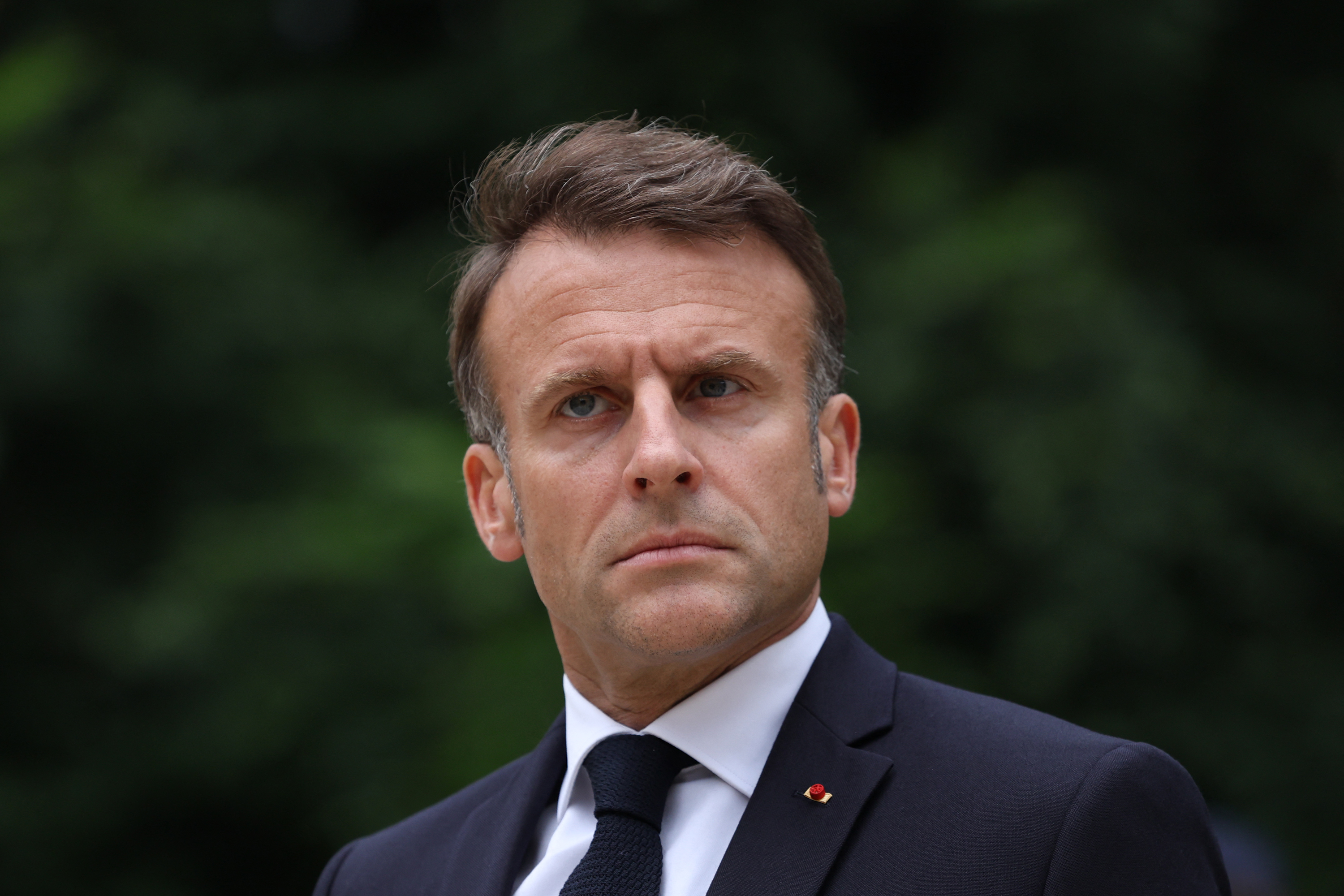More than 200 candidates for deputies who qualified for the second round of the legislative elections in France, scheduled for this Sunday, June 7, withdrew their candidacy, mostly for prevent the dispersion of the vote and avoid an absolute majority of the extreme right.
According to the criteria of
“The only party that can win an absolute majority is the National Rally. This must be prevented,” said centre-right Prime Minister Gabriel Attal on Tuesday.
Marine Le Pen’s far-right National Rally (RN) and its allies won the first round on June 30 with a third of the votes. and could, according to projections, even achieve an absolute majority of 289 deputies.
The French electoral system for these elections, in which 577 deputies are elected in each constituency with a two-round majority system, the high participation and the dispersion of the vote paved the way for more than 300 runoff elections with three or more candidates.
Marine Le Pen, candidate for the French RN party in the presidential elections.
Photo:
Given this scenario, The left-wing coalition New Popular Front (NFP) and the centre-right alliance of President Emmanuel Macron have reactivated the so-called “republican front”, which seeks to isolate the far right and prevent it from winning in every constituency in which it came first.
RN’s rivals withdrew, with few exceptions, their candidates who ranked third in each constituency to increase the other candidate’s chances “Republican” in a second-round duel against an ultra-rightist.
Of the 214 registered resignations, 126 are left-wing candidates and 78 are from Macron’s alliance. Candidates from other parties also withdrew, including two from RN for other reasons. The deadline for confirming candidacies ended at 6 p.m. in France.
The dropouts reduced the number of runoffs with three or more candidates to 109, according to AFP’s count.
Far-right candidate for prime minister Jordan Bardella has denounced “dishonourable alliances” and called on voters to form an absolute majority “in the face of the existential threat to the French nation” that he believes the left-wing coalition represents.
Election leaflets of the French far-right National Rally.
Photo:
Given the impossibility of any of the other blocks achieving an absolute majority in the National Assembly (lower house), if the RN does not achieve it, The idea of a “grand coalition” is beginning to emerge in public debate in the European Union’s second largest economy.
The deadline for submitting candidacies came after two very intense days of talks, with reproaches included, since several prominent figures from the most right-wing sector of Macronism (such as former Prime Minister Édouard Philippe or the Minister of the Economy, Bruno Le Maire) were reluctant to facilitate the victory of candidates from Jean-Luc Mélenchon’s La France Insoumise (LFI).
The only ones who can obtain an absolute majority are the National Grouping. This must be prevented.
LFI coordinator Manuel Bompard accused the Macronist camp of putting Sunday’s result “at risk” because more than a dozen of its candidates refused to withdraw from the electoral race.
The question of withdrawal was the main topic of many of the conversations held with citizens on Tuesday by Prime Minister Gabriel Attal in two Parisian districts in support of Macronist candidates. “Resignation does not mean support,” he stressed.
In the end, several Macronist figures withdrew, including five members of the government. The Minister for Local Authorities, Dominique Fure, announced her withdrawal after finishing third in her constituency on Sunday, beaten by a far-right candidate and a socialist candidate.
Another government figure who also announced her retirement was the Secretary of State for Veterans and Memory at the Ministry of Defense, Patricia Miralles.
These strategies could be key to determining whether the far right achieves an absolute majority next Sunday, although More and more analysts and political leaders are doubting the effectiveness of asking voters of those who are withdrawing to support another candidate with a very different ideology.
The impact that Le Pen’s victory will have in France

French President Emmanuel Macron.
Photo:
The National Rally and its allies won the first round of the legislative elections on June 30 with a third of the votes, followed by the NFP, with 28 percent, and the ruling coalition, with 20 percent.
The rise to power of the extreme right, for the first time since the Liberation of France from the occupation of Nazi Germany This would add a new country to the EU governed by this trend, such as Italy.
France’s allies such as Spain, Germany, the United Kingdom and the United States, and rivals such as Russia, said they were closely following the elections, which could force Macron, whose term ends in 2027, to share power with a government of a different political colour.
This could weaken her policy of supporting Ukraine. Although Le Pen’s party, whose detractors consider her close to Vladimir Putin’s Russia, claims to support Kiev, it also stresses that it wants to avoid an escalation with Moscow.
#French #elections #candidates #withdraw #legislative #elections #attempt #stop #National #Rally #party
